The Ultimate Guide to Intracytoplasmic Sperm Injection (ICSI) in Delhi
Description
Intracytoplasmic Sperm Injection (ICSI) is a fertility treatment that has revolutionized the way we treat male infertility. This procedure involves the injection of a single sperm directly into an egg to facilitate fertilization. ICSI is a highly effective treatment option for couples who struggle with male infertility or other fertility issues.
In this article, we will discuss the process of ICSI, who it is suitable for, and its success rates. We will also delve into the advantages and disadvantages of Intracytoplasmic Sperm Injection Icsi In Delhi, as well as its potential risks and side effects. By the end of this article, you will have a comprehensive understanding of ICSI and its role in fertility treatments.
What is Intracytoplasmic Sperm Injection (ICSI) In Delhi?
Intracytoplasmic Sperm Injection Icsi In Delhi is a form of assisted reproductive technology (ART) used to treat male infertility. This procedure involves the injection of a single sperm directly into an egg to facilitate fertilization. The resulting embryo is then transferred to the woman's uterus, where it can develop into a pregnancy.
ICSI was first developed in 1992 and has since become a widely used treatment option for couples who struggle with infertility. It is often used in conjunction with in vitro fertilization (IVF), where the woman's eggs are harvested and fertilized in a laboratory before being transferred to her uterus.
How does ICSI work?
ICSI is a highly specialized procedure that requires the use of advanced equipment and skilled medical professionals.
The process involves the following steps:
Sperm Collection: The male partner will provide a semen sample, which is then processed in a laboratory to separate the sperm from the other components of the semen.
Sperm Selection: The most active and healthy sperm are selected and prepared for injection.
Egg Retrieval: The female partner undergoes a procedure to retrieve her eggs, typically using ultrasound guidance and light anesthesia.
Fertilization: Using a microneedle, a single sperm is injected directly into each egg.
Embryo Transfer: The resulting embryos are cultured in a laboratory for several days before being transferred to the woman's uterus.
Who is ICSI suitable for?
ICSI is a suitable treatment option for couples who struggle with male infertility, including:
- Low sperm count or poor sperm motility
- Abnormal sperm shape or size
- A history of failed fertilization with conventional IVF
- Obstructive azoospermia (blockage in the male reproductive system)
- Non-obstructive azoospermia (low or absent sperm production)
- ICSI may also be used in cases where the female partner has fertility issues, such as endometriosis or ovulatory disorders.
Success rates of ICSI
The success rates of ICSI can vary depending on a variety of factors, including the age of the woman, the quality of the eggs and sperm, and the expertise of the medical
Tags
Location
Contact Information
Review
Write a ReviewThere are no reviews yet.

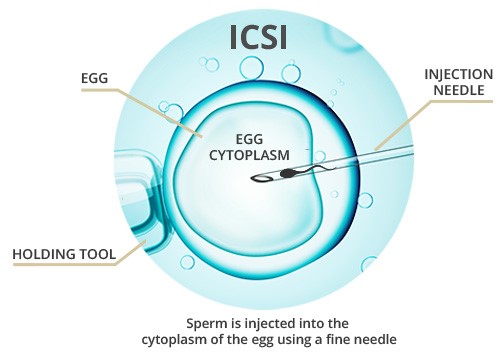



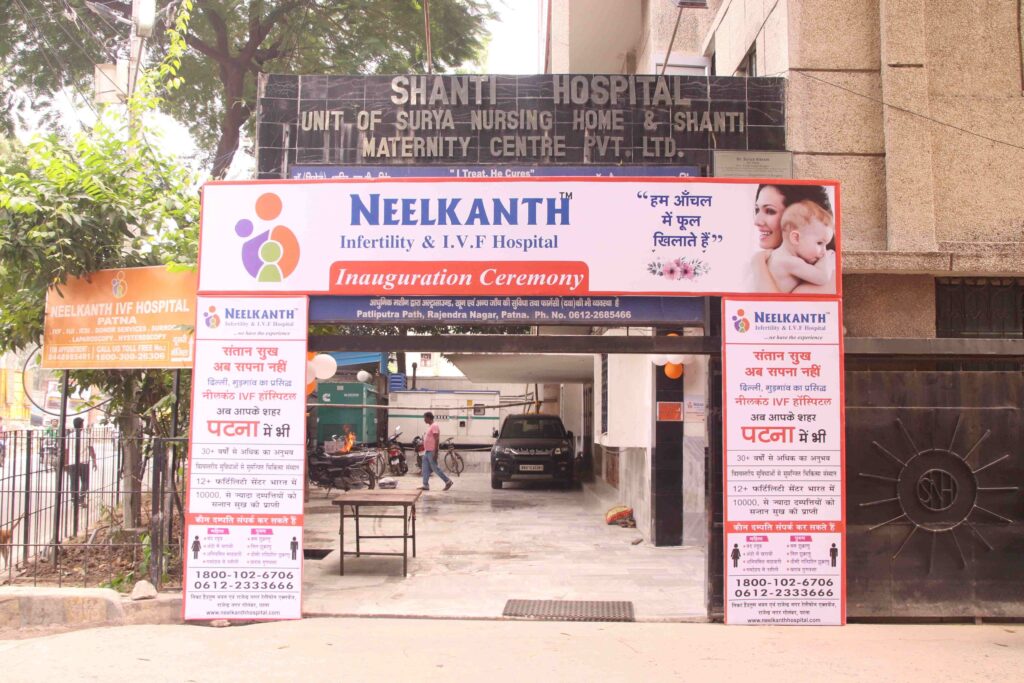




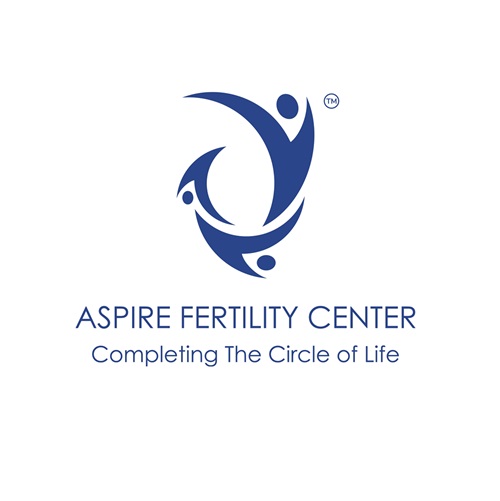

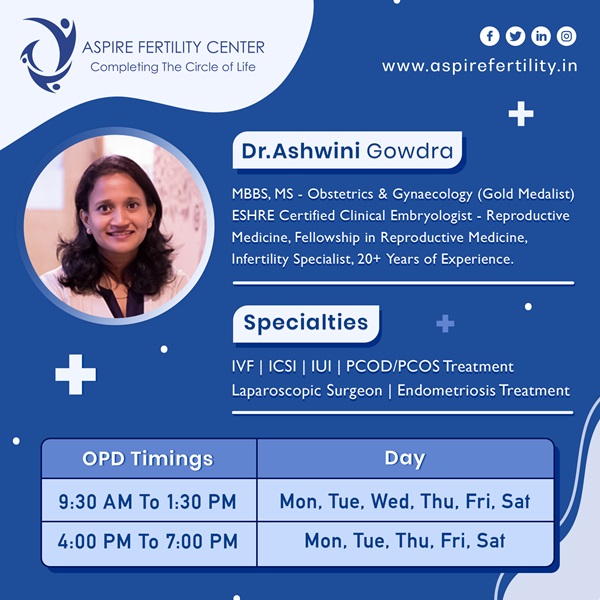
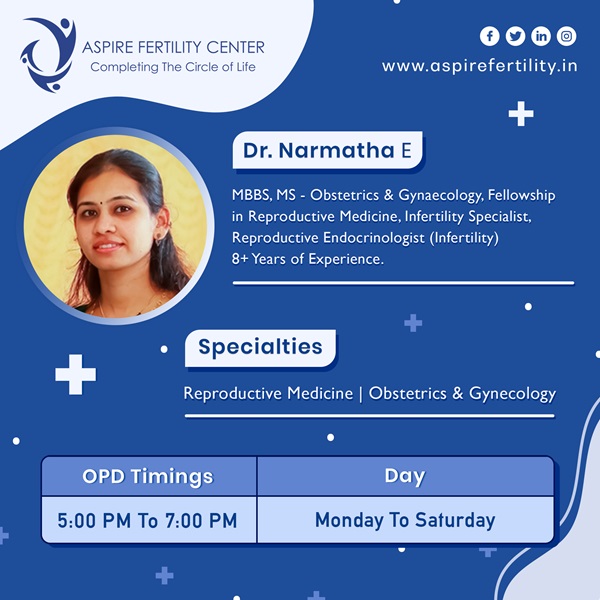
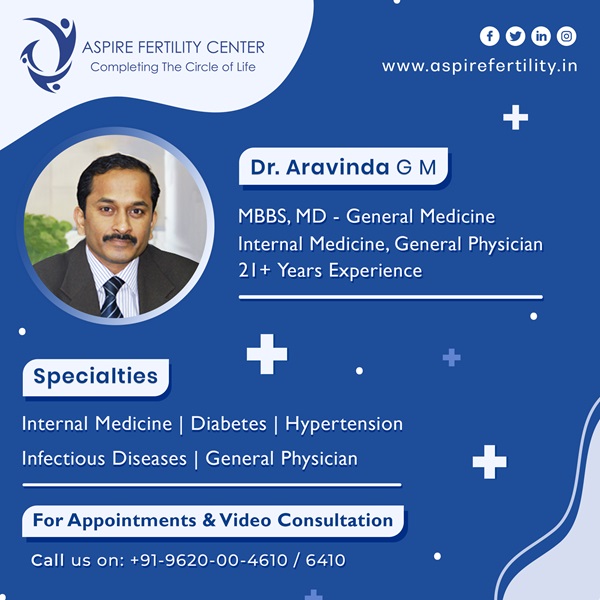
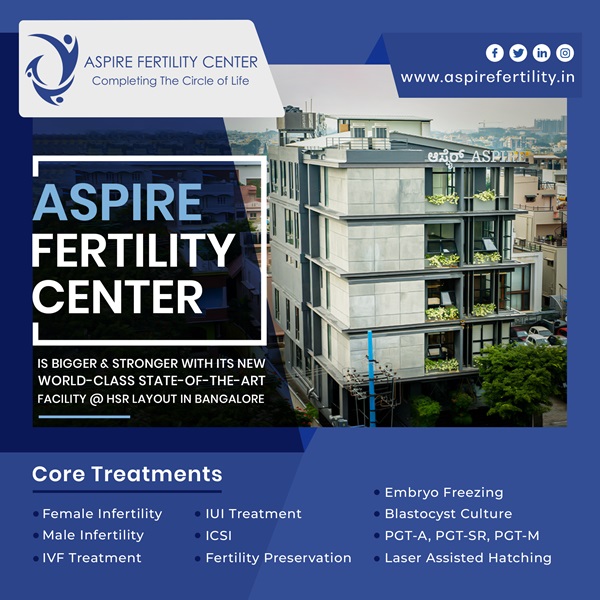
Recent Comments